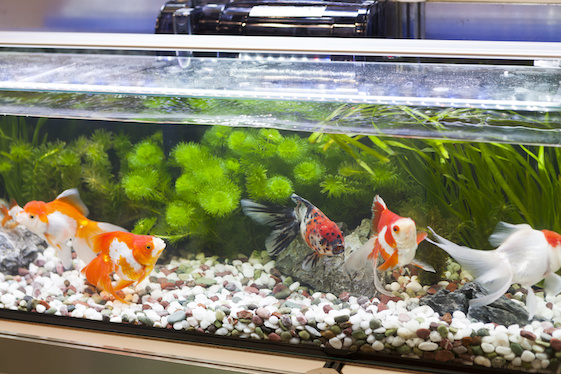Before I talk about today’s topic, I’m going to gripe for a moment. I just picked up this morning’s paper. The front page featured an excellent article about – sadly – the large number of coronavirus patients in local nursing homes.
What set me off, though, was the picture that was featured with the article. It showed the door of a nursing home with a paper notice:
Please be advised that we have a coronavirus case in this building.
BAD writing. “Please be advised” is old-fashioned and unnecessary. If you’re a professional who prides yourself on staying up-to-date in your field, your writing should be up-to-date as well.
Here’s my version:
We have a coronavirus patient.
Clear – efficient – professional.
And now we can turn to that problem sentence I was planning to talk about.
* * * * *
A sentence in the April 1 New York Times has not one but two problems! One is a grammar mistake, and the other is…just bad writing:
After hearing President Trump say, without scientific evidence, that the antimalarial drug chloroquine could be a “game changer” in the fight against Covid-19, an Arizona man died and his wife was left in critical condition after they swallowed a form of the chemical used to clean fish tanks called chloroquine phosphate.
The grammar mistake is a misplaced modifier (in ordinary English, a description in the wrong place). See if you can figure out what’s wrong:
…a form of the chemical used to clean fish tanks called chloroquine phosphate.
The sentence seems to be saying that the fish tanks are called chloroquine phosphate. Nope! Here’s better wording:
…chloroquine phosphate, a form of the chemical used to clean fish tanks. BETTER
How did a writer for the New York Times – for heaven’s sake – make such a clumsy mistake? I don’t have a definitive answer, of course. But I suspect that this writer has a habit of writing long sentences, and that opens the door to mistakes.
This sentence is 51 words – far too long, and that’s problem #2.
The sentence is telling a story. Let it unfold, step-by-step. There’s no reason to cram the whole story into one sentence. Here’s my version:
An Arizona couple heard President Trump recommend chloroquine phosphate, an antimalarial drug, for Covid-19 – even though it hasn’t been tested. Chloroquine phosphate is a form of a chemical used to clean fish tanks. The couple dosed themselves with the fish tank version. The results were devastating: the man died, and his wife is seriously ill.



Long sentences have always been a bane for copy editors. In the 1990s, when I was a copy editor on a daily newspaper, we would often joke about how ledes (the journalistic spelling) from a certain wire service would be so long that they would go out the door and across the street. A typical one would go like this:
“In the State of the Union address last night, the president talked about his proposals for immigration reform, an economic stimulus package, and foreign policy affecting three European countries, which have been contentious issues for the past several months as he has faced criticism from members of the minority party in Congress.”
The sentence you quoted made me shudder. Great example! And I didn’t know about “lede.” Thanks so much, Darrell!
Thank you Jean. This past year or so, I have been noticing making mistakes similar to the NYT article, and taking time to fix them. You are correct- learning the principles of good writing has improved my writing skills. However, I am always afraid of leaving comments here because I fear my writing still has many errors.
Hi, Jeanne! If you’re noticing those mistakes, that’s a sure sign that your writing is improving. (I think it’s terrific!)
Alas, mistakes are a fact of life. You’re far from the only one who worries about them!
I edit-edit-edit my posts. I post them. And several times a month, in spite of my best efforts, I discover that I missed a mistake.
I think we have to focus on what we do well – a good idea, a strong point, an effective word choice. Misplacing an apostrophe or leaving out a word really doesn’t matter much if you have something to say – and say it well.
You probably meant to say “old-fashioned and unnecessary.”
Thanks so much, Joy! I’m heading over to fix it right now.